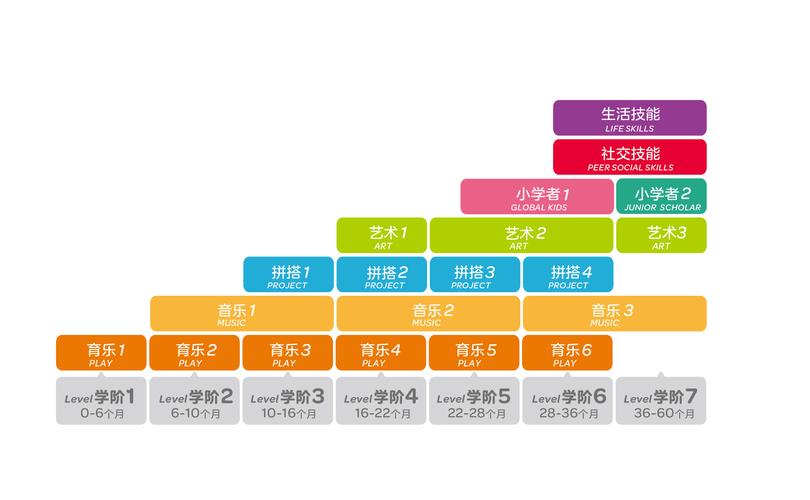早教古诗0-3岁
Title: Unlocking Early Childhood Development Potential Through Effective Leadership in Early Education
In the realm of early childhood education, effective leadership plays a pivotal role in shaping the development and future success of young learners. The significance of early childhood education (ECE) cannot be overstated, as it forms the foundation for a child's cognitive, social, emotional, and physical development. In this discourse, we delve into the importance of leadership in early education, the qualities of a successful early childhood leader, and strategies for fostering optimal growth and learning in young children.
The Importance of Leadership in Early Education
Leadership in early education sets the tone for the entire learning environment. A strong leader not only guides and inspires educators but also establishes a culture of excellence and innovation. Moreover, effective leadership ensures that the needs of each child are met and that educational practices are evidencebased and developmentally appropriate.
Qualities of Successful Early Childhood Leaders
1.
Visionary Thinking
: Successful leaders in early education possess a clear vision of highquality learning experiences for young children. They envision environments that foster curiosity, exploration, and a love for learning.2.
Empathy and Compassion
: Understanding the unique needs of young children and their families is essential for effective leadership. Compassionate leaders create inclusive environments where every child feels valued and supported.3.
Strong Communication Skills
: Clear and open communication is fundamental in early education leadership. Leaders must effectively communicate with educators, parents, and other stakeholders to build trust and collaboration.4.
Pedagogical Knowledge
: A deep understanding of child development theories and evidencebased teaching practices is crucial for guiding curriculum development and instructional strategies.5.
Adaptability
: Flexibility and adaptability are vital traits for navigating the dynamic landscape of early education. Successful leaders embrace change and are open to new ideas and approaches.6.
Collaborative Approach
: Building strong partnerships with families, community organizations, and other stakeholders enhances the quality of early childhood programs and supports children's holistic development.Strategies for Effective Leadership in Early Education
1.
Invest in Professional Development
: Continuous learning and professional growth are essential for early childhood leaders. Providing opportunities for ongoing training and mentorship cultivates a culture of excellence among educators.2.
Promote Reflective Practice
: Encourage educators to engage in reflective practice to assess and improve their teaching strategies. Regular reflection fosters continuous improvement and enhances the quality of instruction.3.
Create a Positive Work Environment
: Foster a supportive and collaborative work environment where educators feel valued, respected, and empowered. Recognize and celebrate their contributions to the success of the program.4.
Embrace Diversity and Inclusion
: Promote diversity and inclusion in all aspects of early childhood education. Create multicultural learning environments that honor children's backgrounds and experiences.
5.
Engage Families as Partners
: Establish strong partnerships with families by involving them in their child's learning journey. Regular communication, family workshops, and parent education programs enhance parental involvement and support children's learning at home and in school.6.
Stay Informed and Advocacy
: Stay informed about current trends, research, and policy developments in early childhood education. Advocate for policies and initiatives that prioritize the wellbeing and development of young children.Conclusion
In conclusion, effective leadership is indispensable in early childhood education for creating nurturing environments where children thrive and reach their full potential. By embodying visionary thinking, empathy, and collaboration, early childhood leaders can inspire excellence, promote innovation, and lay the groundwork for lifelong learning. As we continue to prioritize the importance of early education, investing in leadership development becomes paramount for building a brighter future for our youngest learners.
References:
National Association for the Education of Young Children (NAEYC)
Early Childhood Education Journal
The Effective Early Childhood Leader by Laura J. Colker
关键词:早教加盟早教课程早教费用可以退吗早教和不早教的区别